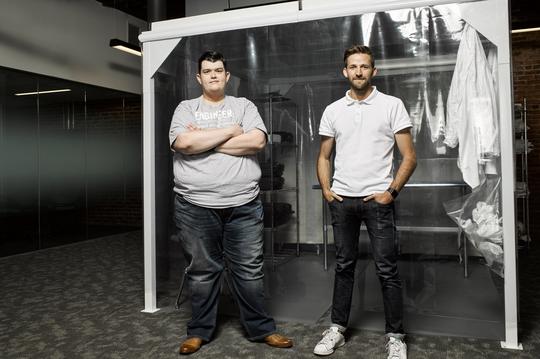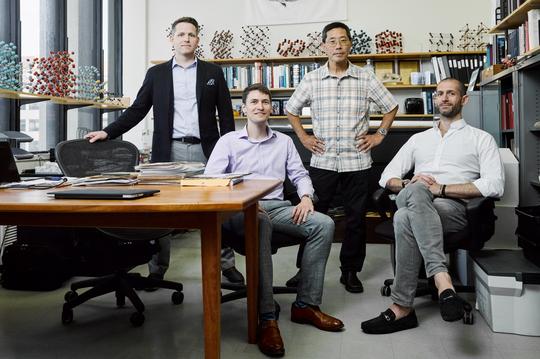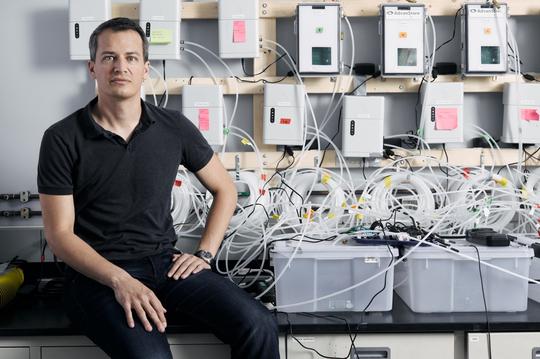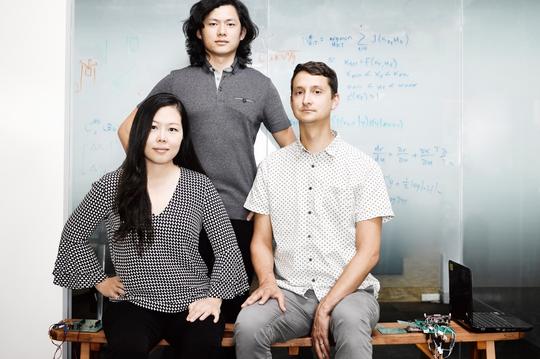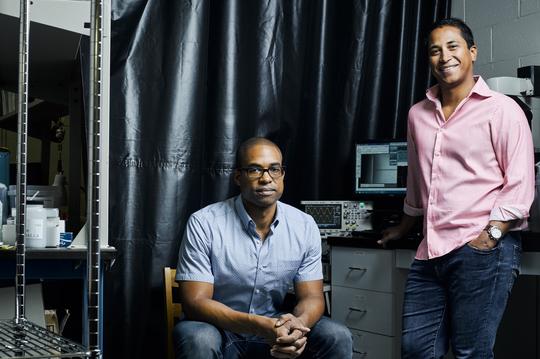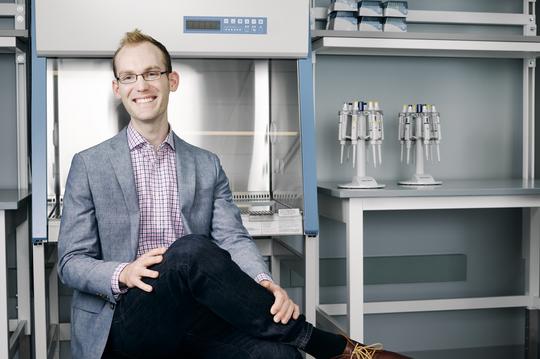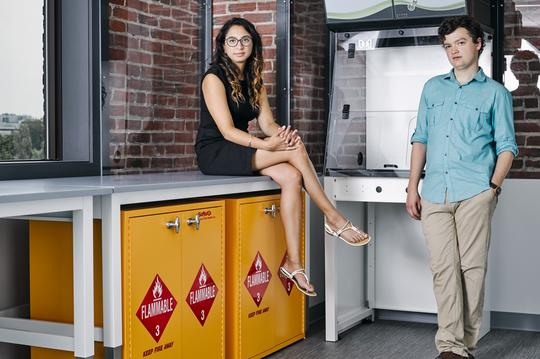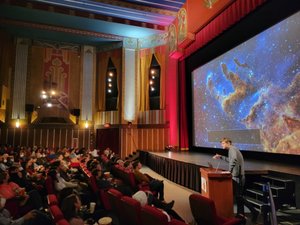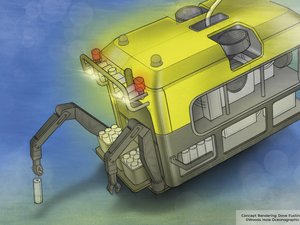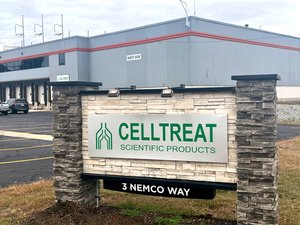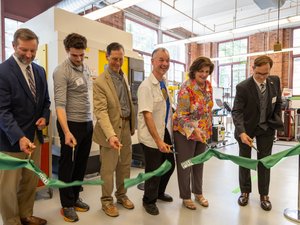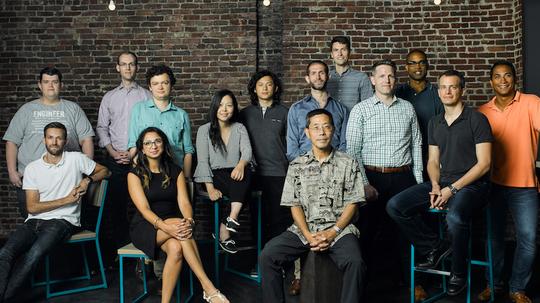
MIT's grand experiment in high-tech startup investing has officially begun.
On Tuesday, the Massachusetts Institute of Technology revealed the first seven "hard tech" startups to receive investments from The Engine, MIT's new $200 million venture fund that also acts as a startup accelerator. The goal is to accelerate the development of resource-intensive, groundbreaking technologies that traditional venture capital often neglects — a topic that was explored in MIT President Rafael Reif's 2015 call for "innovation orchards."
"What the folks at MIT saw over and over again was that the most important inventions solving the most important problems were getting left in the labs," Katie Rae, The Engine's CEO and managing director, said in a recent briefing with journalists.
The focus of The Engine's investments is "hard tech," Rae said, which means physical technologies, often augmented by a layer of software, that take longer to commercialize and often require expensive equipment to develop. The startups cover industries and categories like energy, advanced materials, artificial intelligence and biotech.
One of the companies, Kytopen, for example, is developing a technology that can speed up the process of genetic engineering by 10,000 times, Rae said, which can have major implications on how fast new drugs can be discovered.
"Imagine how many more discoveries can happen when we make that happen," she said.
All seven startups are Boston-based, which Rae said is a requirement for The Engine's portfolio companies because of the region's strong track record of working on hard problems. Rae said it's also important to continue building a strong tech cluster in Boston.
When it was first announced last October, The Engine was targeting to raise $150 million for its first fund, but it ended up closing with $200 million from investors instead, Rae said. MIT contributed $25 million to the fund, with the remaining money coming from other investors, whom Rae described as angel investors and "kindred spirits."
Gallery
While traditional venture funds have a 10-year cycle for when investors expect a return, Rae said The Engine fund's life cycle will be 18 years.
The Engine plans to invest in 40-50 startups with its first fund, Rae said, with each startup receiving an investment ranging from $250,000 to $2 million. The fund also plans to provide follow-on capital for portfolio companies in certain situations.
In addition to the funding, all seven startups will receive office and lab space, as well as expensive equipment for rental at The Engine's headquarters at 501 Massachusetts Ave. in Cambridge. The startups will receive a number of other resources, including access to corporate and community partners, MIT alumni and experts in tough tech sectors, which Rae said can help with things like commercialization and customer pilots. Rae said The Engine will announce its first 14 corporate and community partners at a later date.
Here are The Engine's first seven startups (descriptions provided):
- Analytical Space: developing systems that provide no-delay, high-speed data from space, to address global challenges such as precision agriculture, climate monitoring, and city planning.
- Baseload Renewables: developing ultra low-cost energy storage to replace fossil baseload generation with renewable energy to successfully reduce carbon on a global level.
- C2Sense: building a digital olfactory sensor for industrial use cases such as food, agriculture, and worker safety, and transforming smell into real-time data that can be accessed remotely.
- iSee: delivering the next generation of humanistic artificial intelligence technology for human and robotic collaborations, including autonomous vehicles.
- Kytopen: accelerating the development of genetically engineered cells by developing technology that modifies microorganisms 10,000 times faster than current state-of-the-art methods.
- Suono Bio: enabling ultrasonic targeted delivery of therapeutics and macromolecules across tissues without the need for reformulation or encapsulation.
- Via Separations: developing a materials technology for industrial separation processes that uses 10 times less energy than traditional methods.
